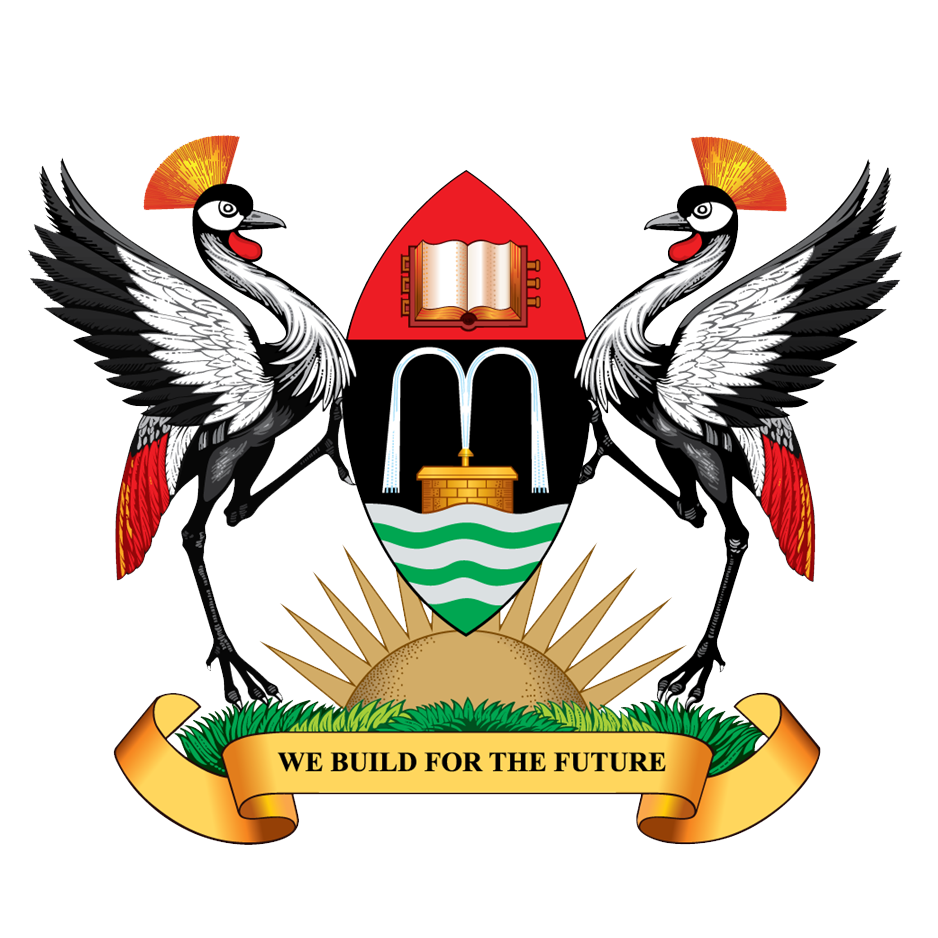pr.cns@mak.ac.ug
Mak Hosts Public Lecture on Intelligent Design
*****Renowned scholars engaged staff and students in a thought-provoking discussion on the origin and complexity of life.
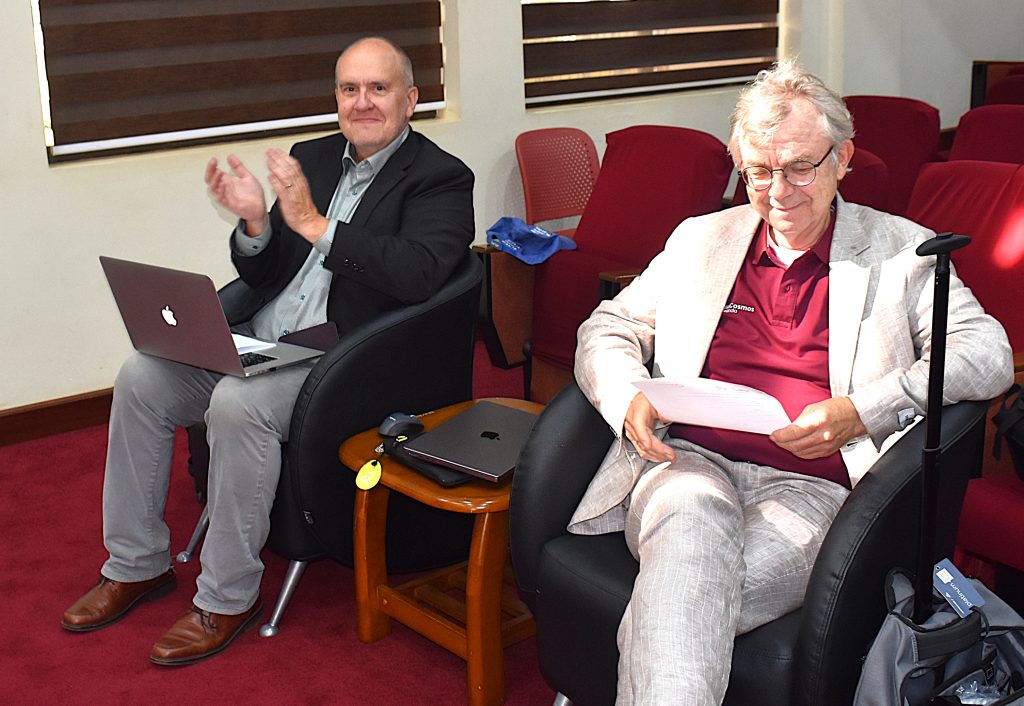
On 16th October 2025, the College of Natural Sciences (CoNAS) at Makerere University, in collaboration with the BioCosmos Foundation, hosted a compelling public lecture on the theme – “The Theory of Intelligent Design: The Question of the Origin of Life and the Universe.”
Intelligent Design (ID) is a scientific theory that argues certain features of the universe and living organisms are best explained by an intelligent cause rather than undirected natural processes like evolution. Drawing from multiple disciplines including biology, physics, chemistry, cosmology, and information theory, ID emphasizes several key concepts:
- Complex systems require an intelligent cause: According to the ID theory, certain biological systems are too complex to have arisen solely through natural selection and mutation. Such systems require an intelligent cause to explain their origins.
- Irreducible complexity: This principle contends that certain biological structures are irreducibly complex which means that such structures consist of multiple interacting parts, all of which are necessary for the system to function. Hence, according to the ID theory, such structures could not have arisen through gradual evolution, but must have been designed.
- Information theory: ID argues that DNA, the genetic material that encodes the instructions for building and maintaining living organisms, contains complex information that could not have arisen through natural processes alone.
- Fine tuning of the universe: ID points to the apparent fine-tuning of the physical constants and laws of the universe that allow life to exist and therefore argues that this provides evidence of an intelligent causation.
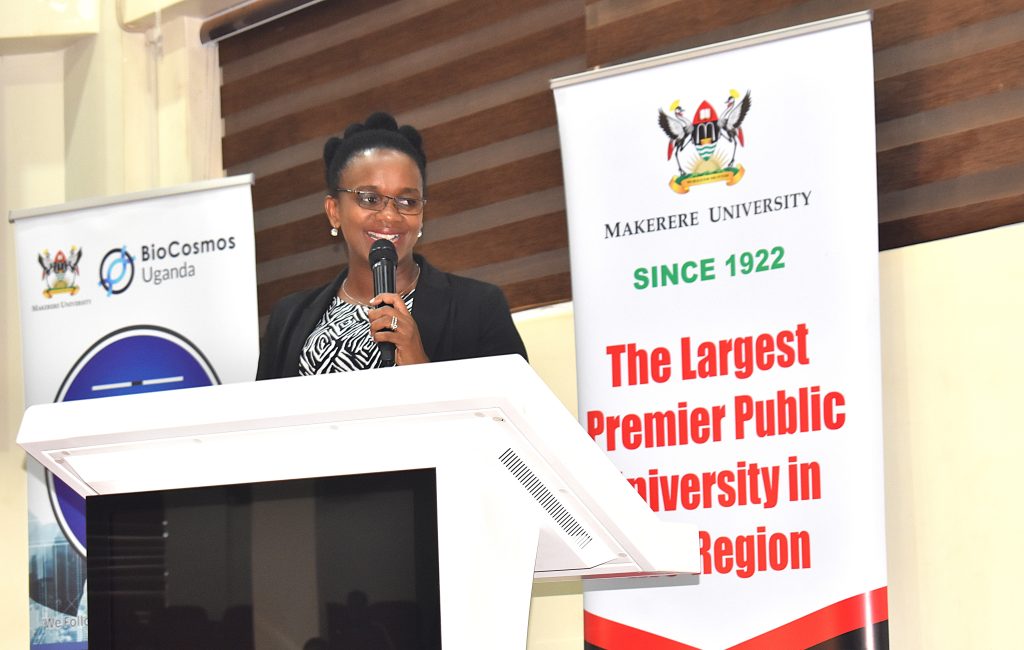
About the public lecture
Held in the auditorium at the School of Public Health, the event attracted a diverse audience of students and academics from Makerere’s Colleges of Natural Sciences (CoNAS), Education and External Studies (CEES), and Humanities and Social Sciences (CHUSS). The lecture explored one of science and philosophy’s most enduring questions: the origin and complexity of life.
The session aimed to introduce participants to the scientific principles and empirical evidence behind Intelligent Design. Topics included pattern recognition in biological systems, the application of information theory to genetics, and broader implications for understanding life’s origins.
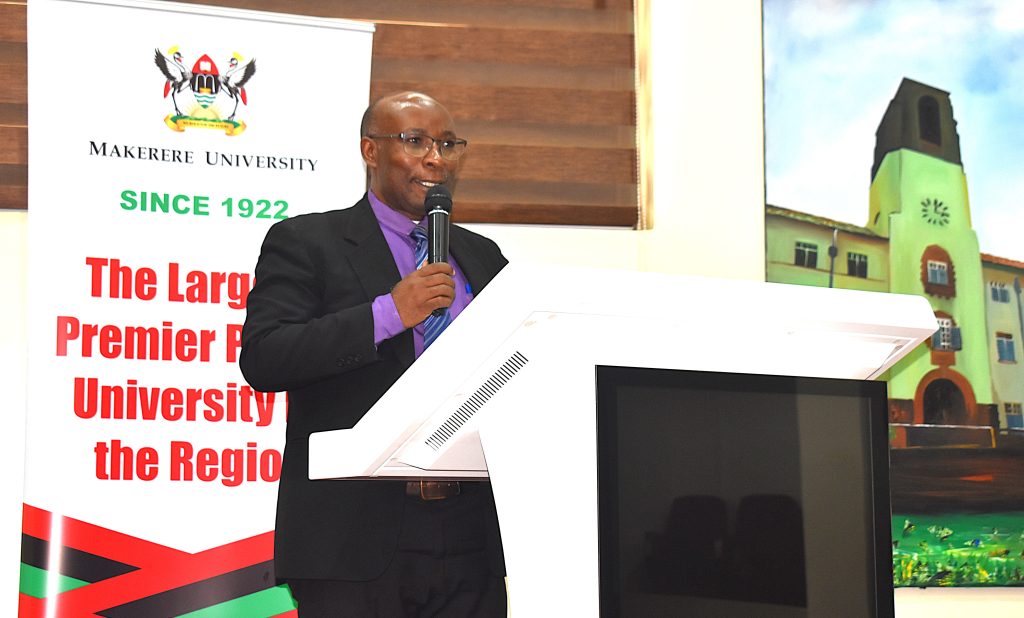
The keynote address was delivered by Dr. Paul Nelson, a renowned American philosopher of science and leading figure in the Intelligent Design movement. He was joined by Mr. Dag Norli, CEO of BioCosmos Africa, and Dr. Richard Ochieng, Director of BioCosmos Operations in East Africa. Together, they made a compelling case for Intelligent Design as a scientific framework that complements, rather than replaces, conventional scientific inquiry.
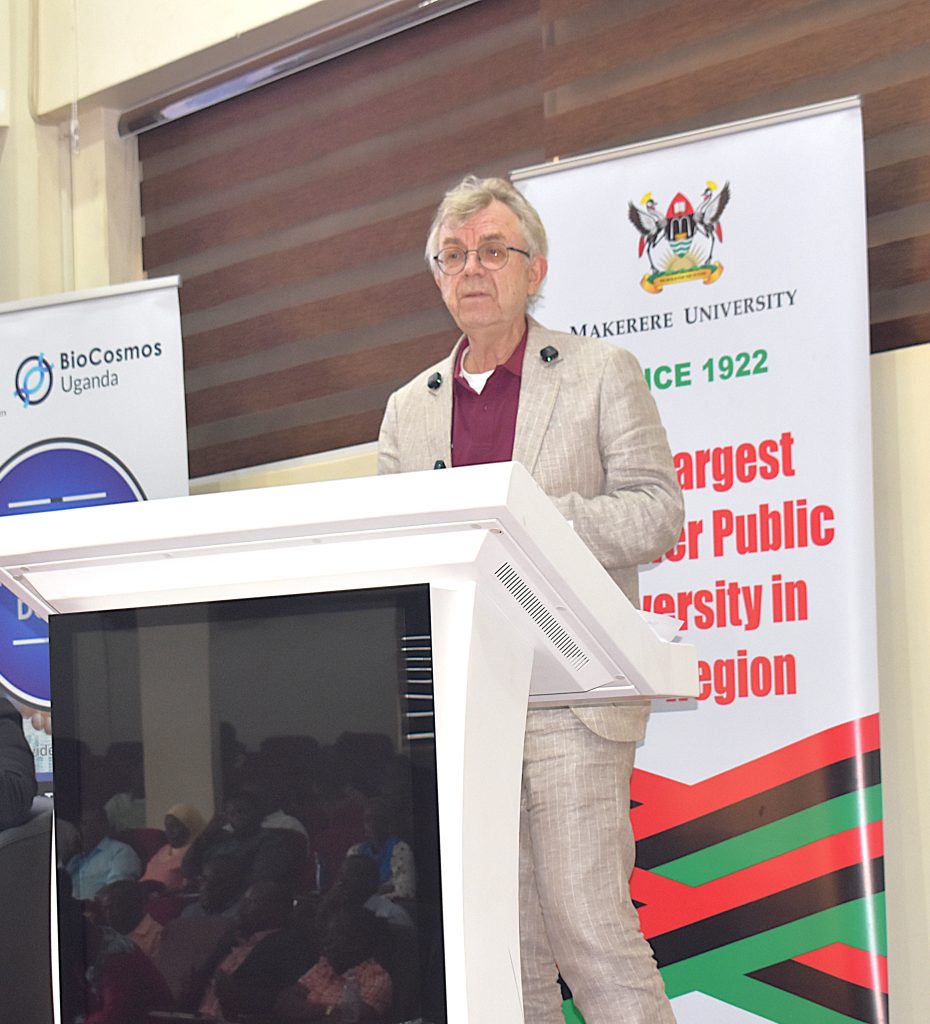
Eager to deepen their understanding of Intelligent Design and its practical implications, participants posed thought-provoking questions about its scientific foundations, its relation to evolution, and its broader philosophical and educational significance. Participants raised concerns about whether Intelligent Design constitutes a legitimate scientific framework or primarily serves as a cultural or theological perspective that challenges the mainstream scientific consensus.
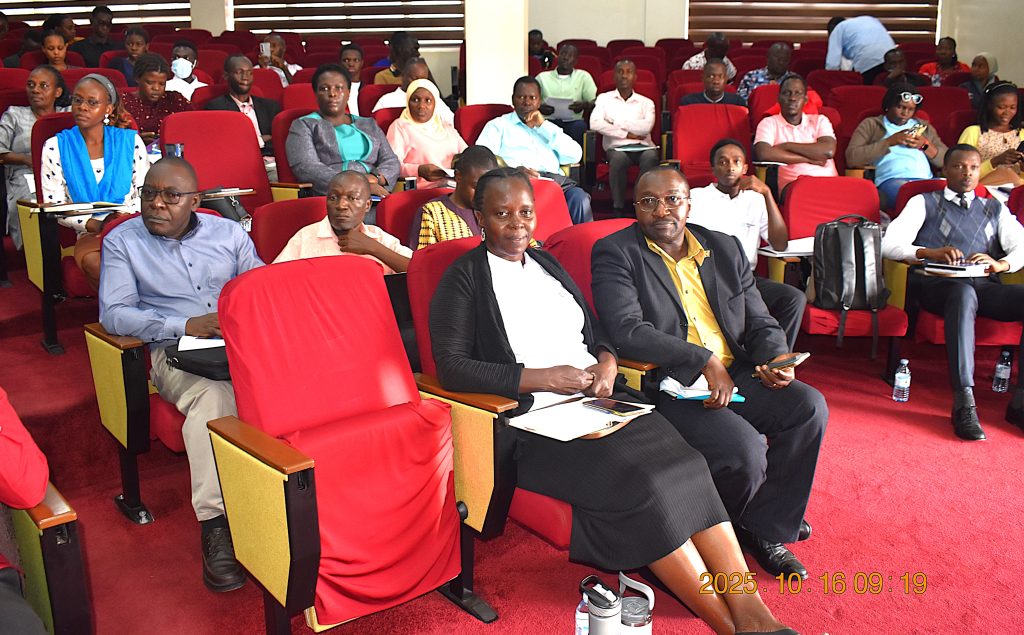
Appreciation and Reflections from the CoNAS Leadership
Addressing the participants, Prof. Arthur Tugume, who represented the Principal of the College of Natural Sciences (CoNAS), reaffirmed Makerere University’s commitment to nurture scientific curiosity, critical thinking and openness to evidence. “This lecture invites us to reflect deeply on one of the most enduring and intriguing questions in science and philosophy,” he said. “Is the complexity we observe in nature the product of undirected processes, or is there evidence of intelligent causation?”
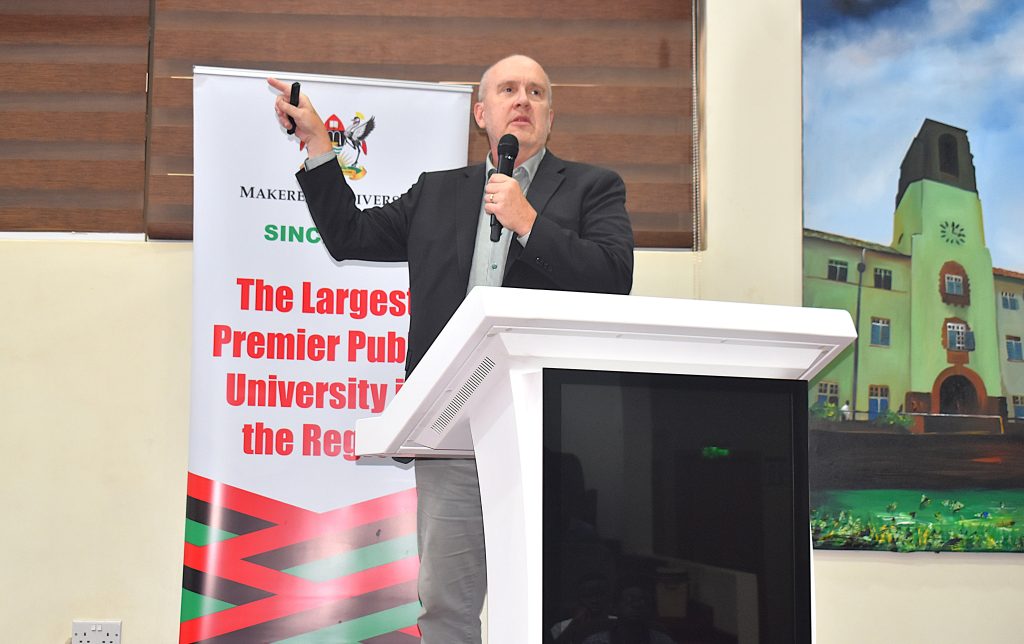
Prof. Tugume commended the BioCosmos Foundation for partnering with Makerere University to create platforms that bridge science, philosophy, and education. “These dialogues expand our students’ intellectual horizons and align with our mission to nurture analytical and independent thinkers,” he noted.
He shared his perspective on the theory of Intelligent Design, acknowledging the significant contributions of science while also recognizing its inherent limitations. He emphasized the value of continued research and the necessity of maintaining an open mind in scientific exploration. In his view, rather than accepting established explanations at face value, scholars should think creatively and critically, exploring alternative ideas and challenging prevailing assumptions to advance our understanding of complex phenomena.
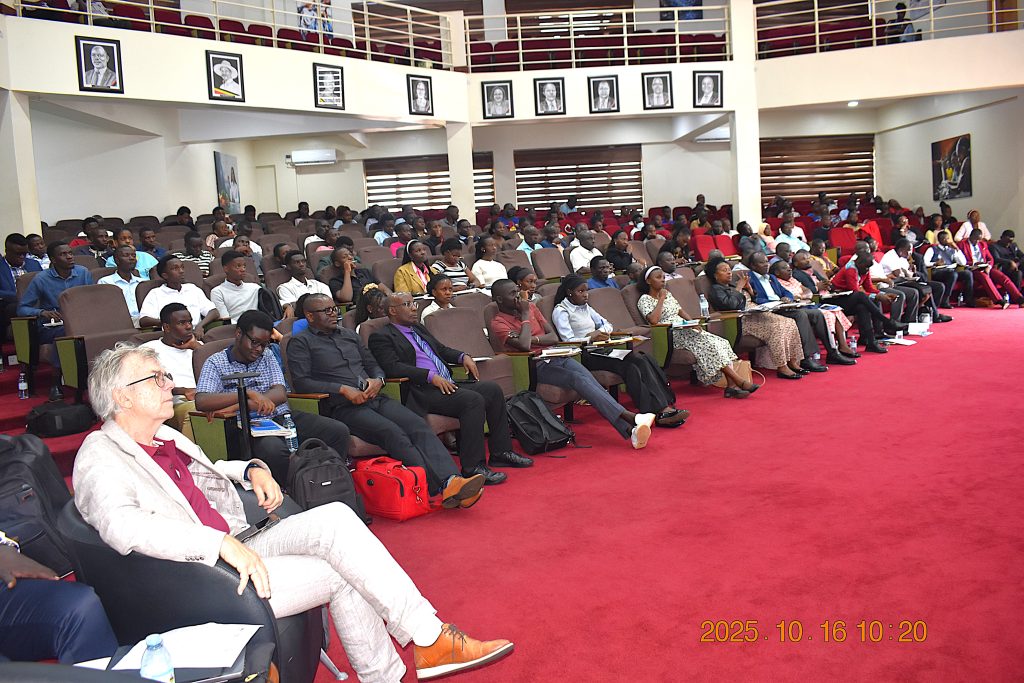
About the BioCosmos Foundation
BioCosmos Foundation is a registered trust foundation in Norway, Tanzania, Uganda and Kenya managed by scholars from various institutions of learning (Basic and Higher). Its main mandate is to engage in academic discourse with the aim of advancing the theory of intelligent design (ID). BioCosmos Foundation, normally organizes public lectures, sensitization workshops and seminars on intelligent design as well as providing books on the ID theory. BioCosmos Uganda was registered in March 2025.
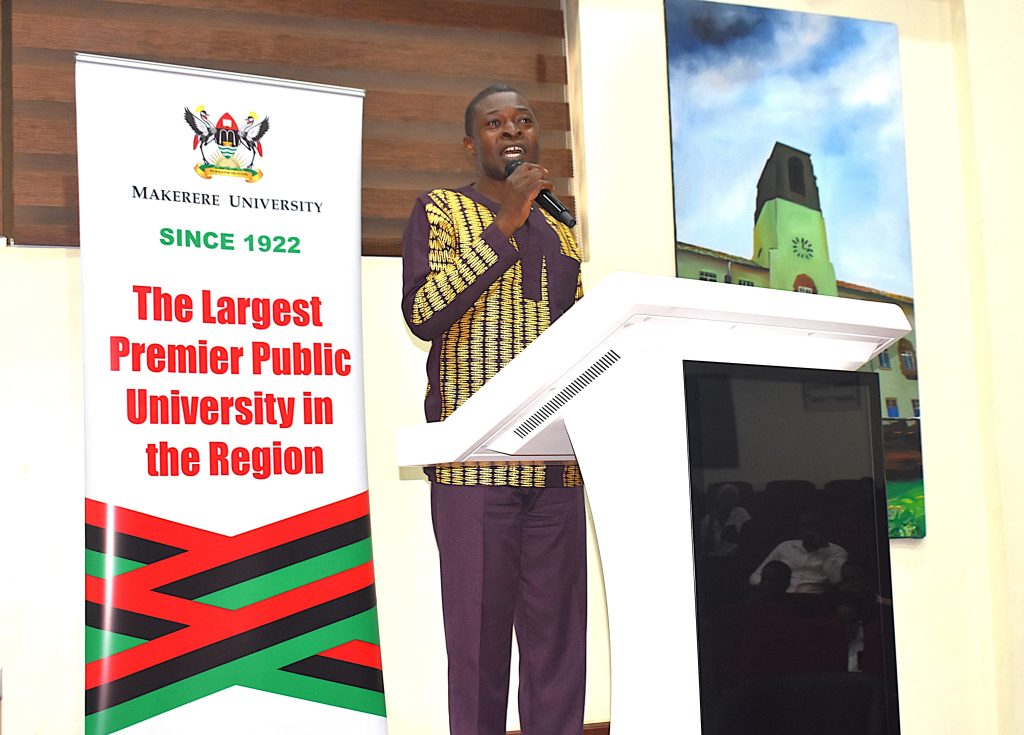
Since inception, the BioCosmos Foundation has undertaken public lectures on various topics touching on intelligent design in different universities in Uganda, Tanzania, Kenya and Rwanda. These include: Makerere University, Kyambogo University, University of Dar Es Salaam, University of Dodoma, Mbeya University of Science & Technology, Sokoine University of Agriculture and Teofilo Kisanji University, University of Iringa, University of Rwanda, East Africa Christian College, Mount Kigali, Africa College of Theology, University of Eldoret, Pan Africa Christian University, Africa Nazarene University, Masinde Muliro University of Science & Technology, Alupe University, Kabarak University, University of Nairobi Department of Biological Sciences), Pwani University, Kaimosi Friends University, Koitaleel Samoei University College, Catholic University of Eastern Africa, International Leadership University, St. Paul’s University, Rongo University, South Eastern Kenya University, and Turkana University College among others.
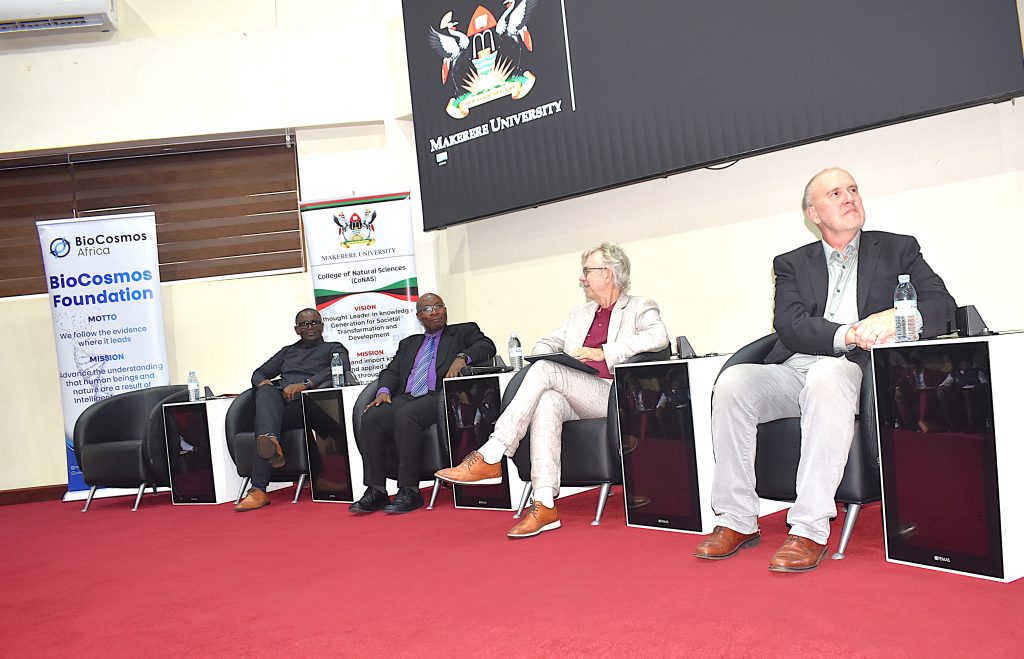
The foundation has also supported the establishment of BioCosmos Student Clubs in various universities in different countries in East Africa, with the aim of improving the dissemination, access and uptake of the theory of intelligent design. It has also produced a detailed workbook authored by Kenyans to assist in student study groups. The ID theory is currently being taught as a course unit component in various universities and as a stand-alone course at the University of Eldoret.
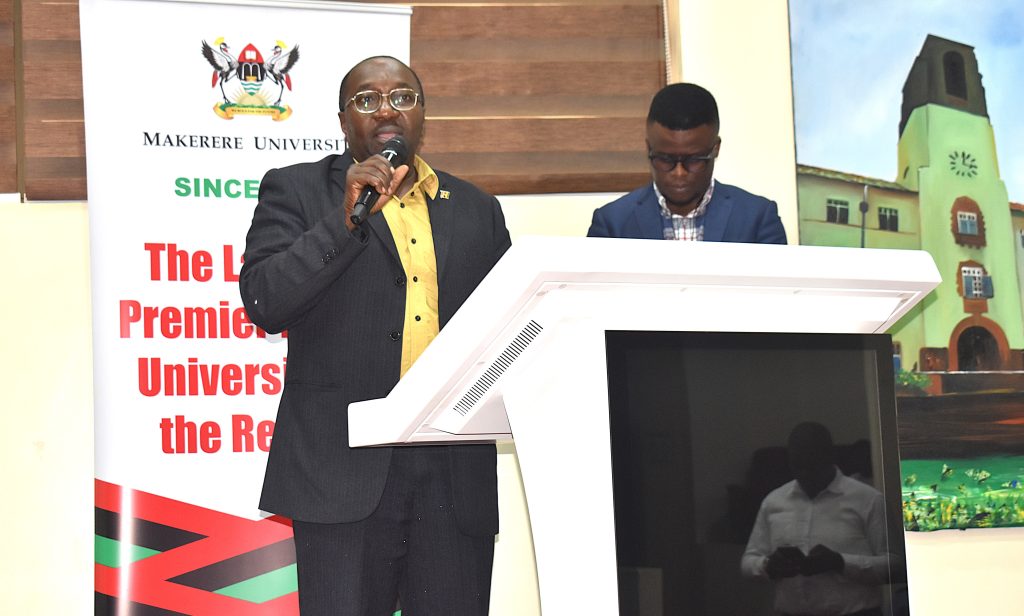
Mission – Advance the understanding that human beings and nature are the result of intelligent design rather than undirected processes
Core Values
- Scientific Integrity: Promoting a commitment to rigorous scientific inquiry and the pursuit of knowledge and truth
- Academic Freedom: Supporting intellectual diversity and the freedom to explore alternative viewpoints within the scientific community
- Critical Thinking: Encouraging the development of analytical skills and the examination of evidence from multiple perspectives
- Complexity and Information: Recognizing the presence of specified complexity and information in biological systems and advocating for their consideration in scientific explanations
- Respect for Human Dignity: Emphasizing the inherent worth and dignity of every human being, regardless of their beliefs or background
- Interdisciplinary Collaboration: Encouraging collaboration and dialogue between scientists, philosophers, theologians, and other relevant disciplines to explore the implications of intelligent
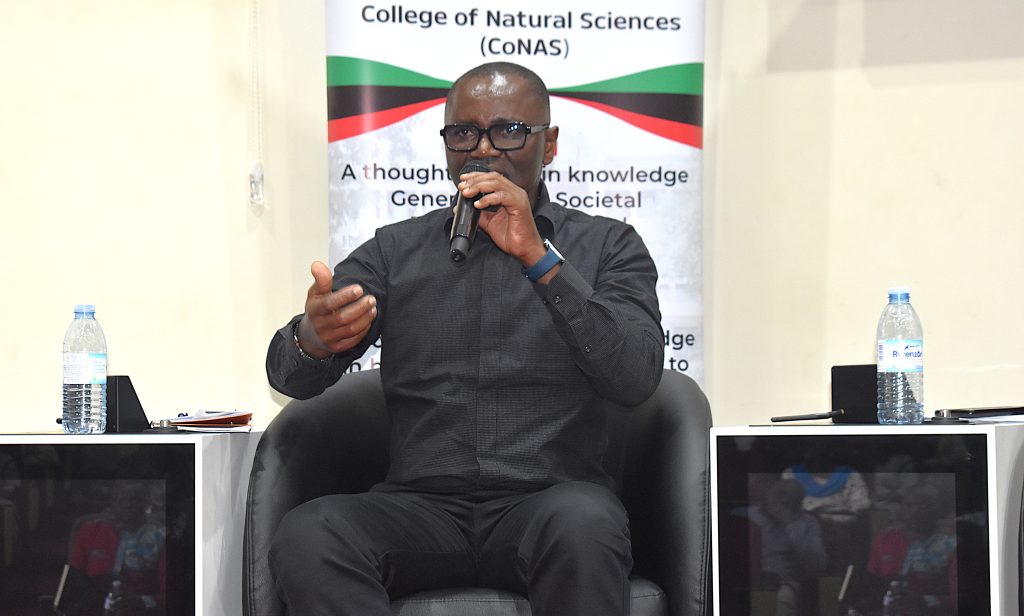
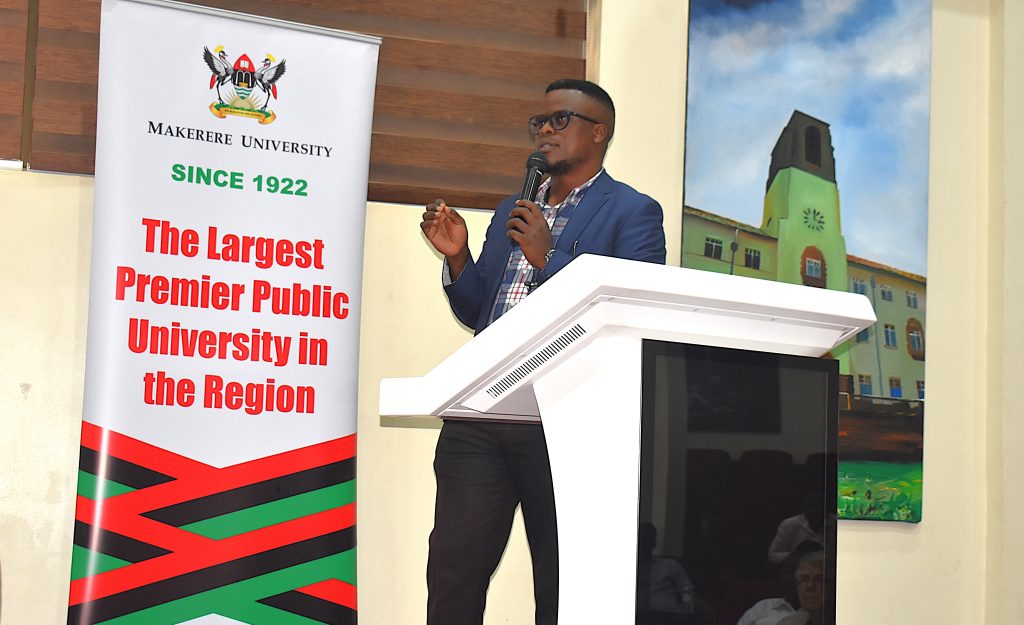
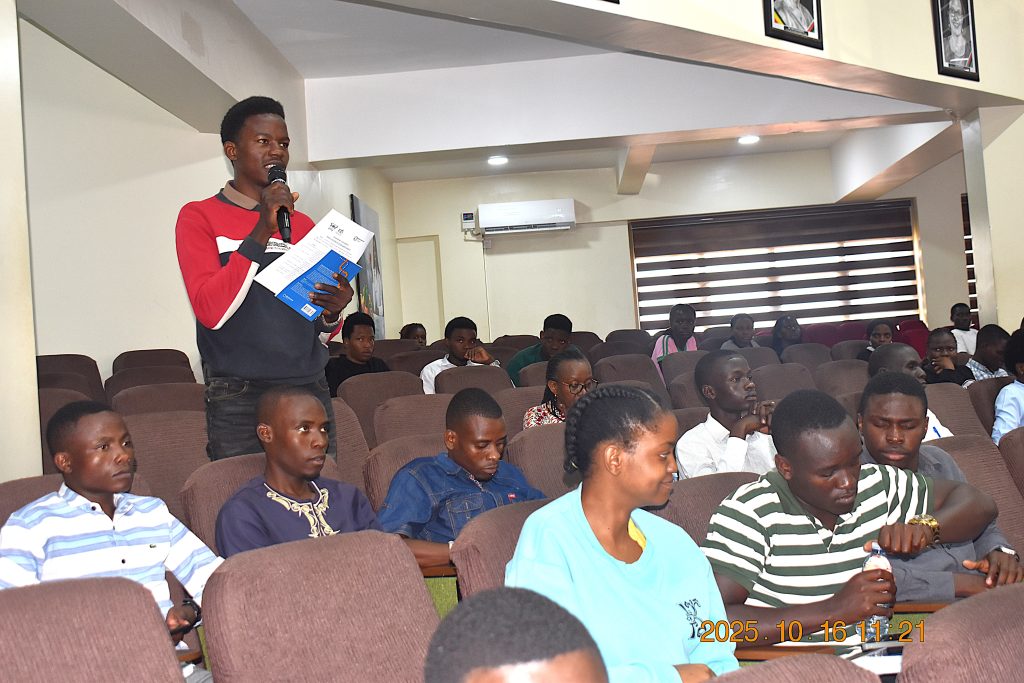
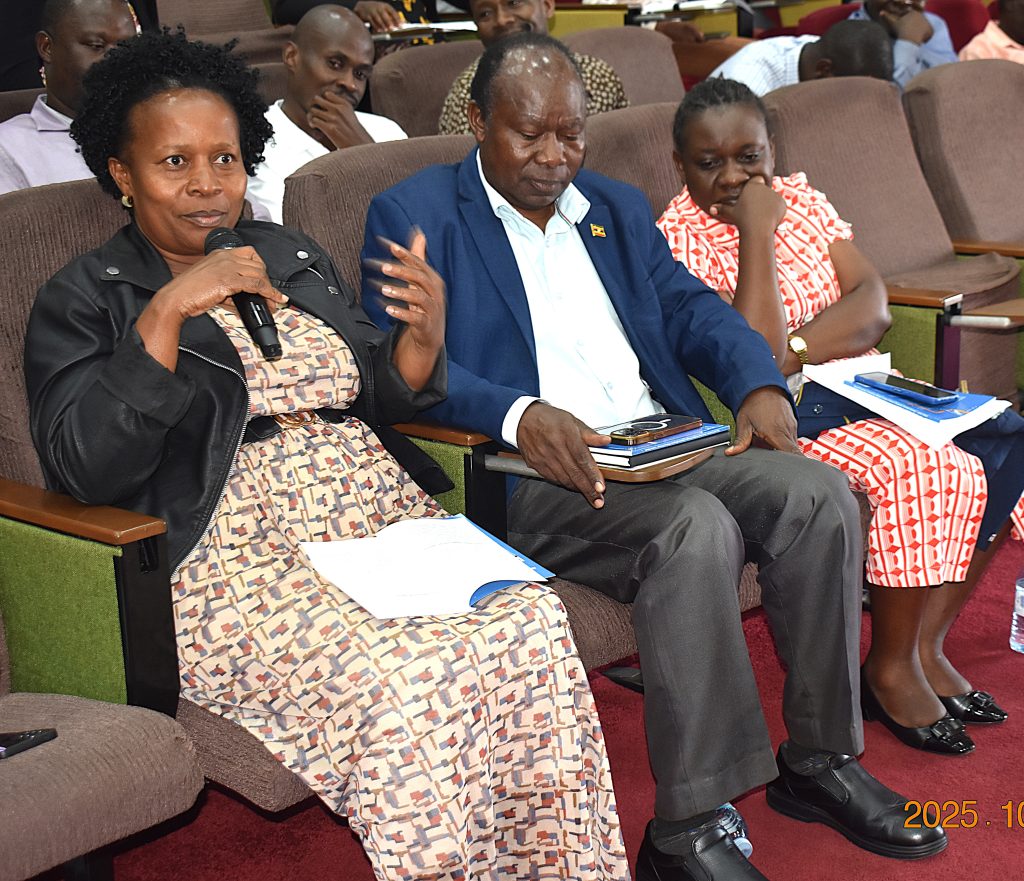
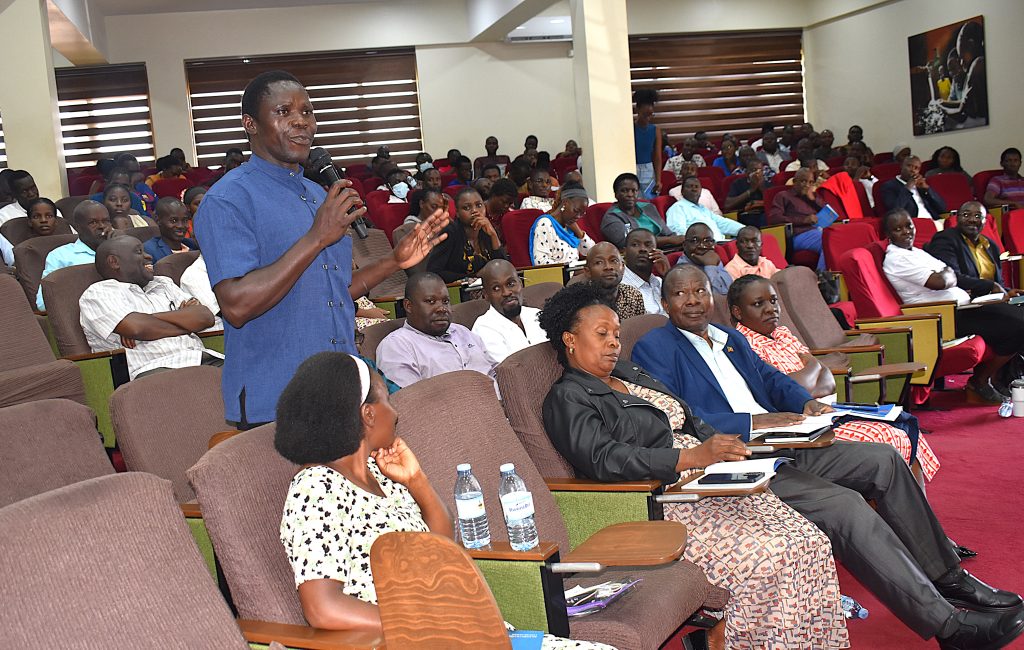
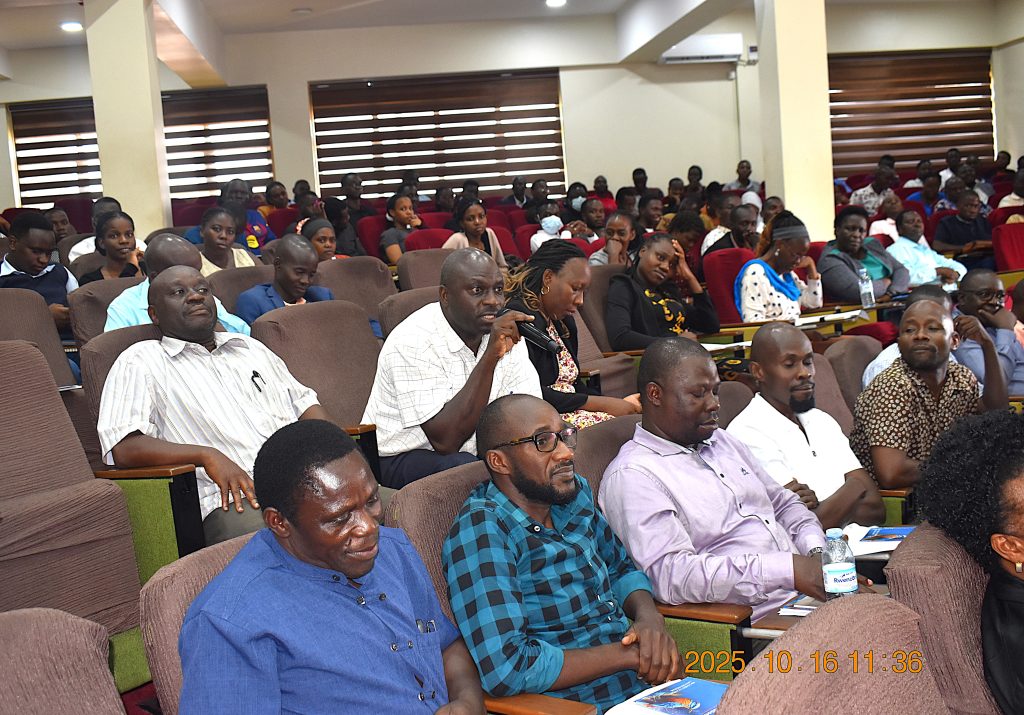
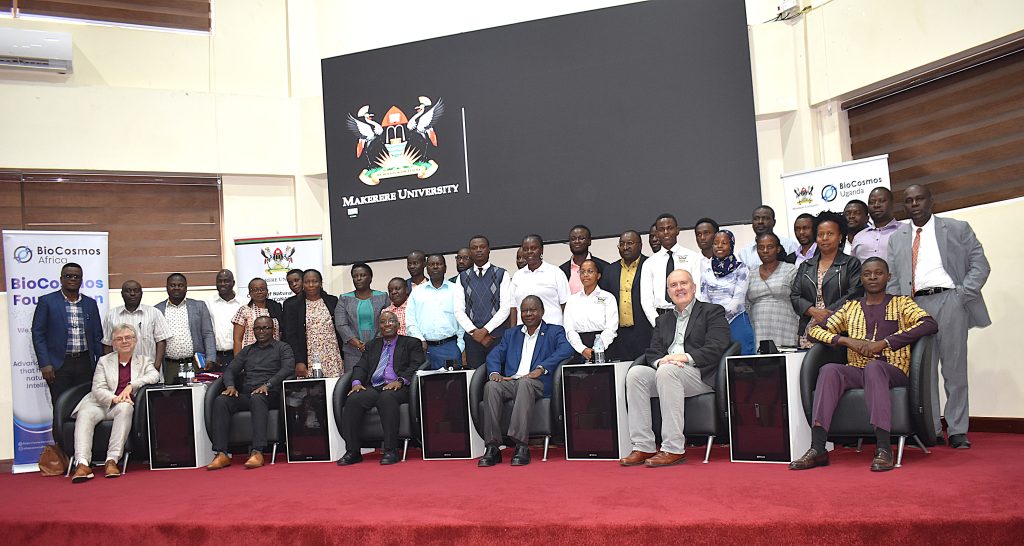
Pictorial of the public lecture: https://drive.google.com/drive/folders/12WHCwt2TvSCrssot9CYi-gjyOtqr0xma?usp=sharing

